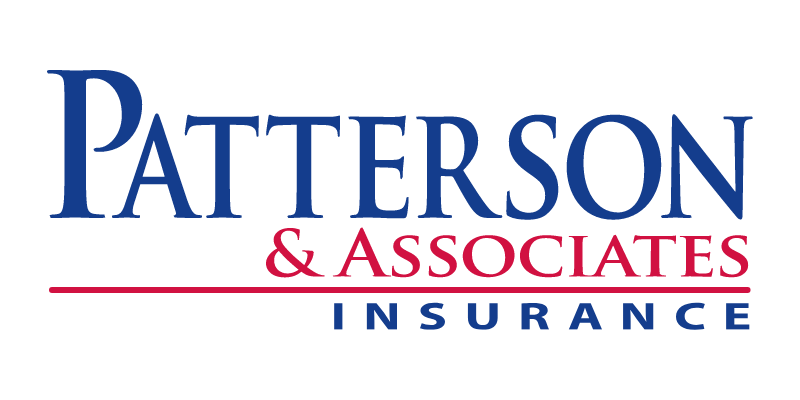
Two thirds of the private sector workforce are not covered by long-term disability insurance. This is concerning considering that over one quarter of workers in their twenties will face a disability prior to age 67.1
Disability creates a disruption to your ability to earn an income. Given the risk of becoming disabled at some point during your prime working years, it’s important to consider the role that disability insurance can play in replacing lost wages and earnings.
3 Ways to Obtain Disability Insurance
Traditionally, many workers obtain disability insurance in one of three ways:
- Social Security Disability Insurance (SSDI): A portion of the 6.2 percent in FICA withholding that you and your employer pay for Social Security benefits.2
- Group disability benefits: An employee benefit providing short-term (typically 30 days, 13 weeks, or up to 12 months) and/or long-term (two, five, or 10 years or to age 65) benefits for non-job-related disabilities (disabilities resulting from job-related activities are covered under workers’ compensation insurance).
- Individual disability insurance: Protection you can buy to cover injury, illness, or sickness that may occur either on or off the job.
Social Security Disability Insurance (SSDI)
Many people look to SSDI benefits for a way to meet their income needs when a disability occurs. SSDI pays benefits to those considered insured (those who have met the qualifications based on work and paying into the Social Security system). You are considered disabled if you are unable to perform the principal duties of the work you are trained for by experience or education and unable to perform any other job or duty. Additionally, you must be expected to die or the condition must be expected to last 12 months or more as a result of the disability.3
Data provided by the Social Security Administration has shown that of the disability claims made, roughly 45 percent have been approved. It should be understood that once benefits are approved, there is an additional five-month waiting period before the benefits are paid to you. You do not receive disability payments for the period of time you wait to be approved or for the five-month waiting period.4,5
Group Disability Benefits
One way to avoid the issue of waiting on SSDI benefits is to utilize the group benefits offered by your employer.
Group benefits can fill the income gap that exists while you wait on SSDI benefits. It is important to note, however, that your disability must have originated while you were not on the job; remember, job-related injuries are handled through workers’ compensation. Also, the extent your employer pays for the benefits means that part or all of the benefits you receive become taxable, further reducing the amount of income you receive while disabled.
Individual Disability Insurance
Individual disability insurance is coverage that you purchase to meet the challenge of earning an income in the event that you become disabled. Most policies will cover you regardless of whether the disability occurred on or off the job. Additionally, the definition of disability in most individual policies tends to be broader than that used for SSDI.
Many policies will pay if you are unable to perform the principal duties of the work you are trained to do and may continue to pay reduced benefits if you are able to return to other work or if you are partially disabled but able to return to work.
Because you pay the premiums, the benefits are typically tax-free, allowing you to keep more of the benefits. A policy pays a portion of your monthly income up to a stated percentage (such as 60, 67, or 70 percent, depending on the insurance company). The reason you do not receive 100 percent of your income is because the policy is designed to prevent against “malingering,” which refers to the disincentive to recover from an injury or disability and return to work because the benefits you receive are the same as or more than you earn by working.6
Who Should Own Disability Insurance?
The probability of becoming disabled during your lifetime before reaching age 67 is enough for you to give serious consideration to owning disability insurance. If you are fortunate to work for an employer who provides this benefit, it is in your interest to take advantage of it. Understand, however, that this may not be enough to provide you with the income you need to meet your financial obligations while disabled.
If you do not have a group benefit available to you, the cost of individual coverage may be a worthwhile expense to protect your income. An accident at or away from work can leave you without the ability to provide for yourself or your family. Disability insurance helps you protect against this risk.
—————
1. SSA.gov, 2022
2. IRS.gov, 2022
3. SSA.gov, 2022
4. SSA.gov, 2021
5. SSA.gov, 2022
6. Investopedia.com, March 14, 2022
The content is developed from sources believed to be providing accurate information. The information in this material is not intended as tax or legal advice. It may not be used for the purpose of avoiding any federal tax penalties. Please consult legal or tax professionals for specific information regarding your individual situation. This material was developed and produced by FMG Suite to provide information on a topic that may be of interest. FMG, LLC, is not affiliated with the named broker-dealer, state- or SEC-registered investment advisory firm. The opinions expressed and material provided are for general information, and should not be considered a solicitation for the purchase or sale of any security. Copyright 2024 FMG Suite.
